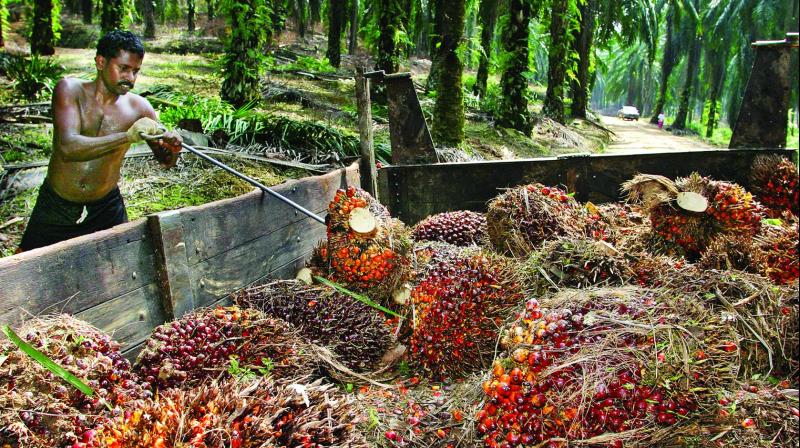Greens allege suspect palm oil sourcing by FMCG majors
Effective immediately, the food companies and traders need to suspend sourcing from these mills that we have exposed: Gemma Tillack.

KUALA LUMPUR: Palm oil from an illegal plantation inside an Indonesian rainforest, home to endangered orangutans, has found its way into the supply chains of major consumer brands, including Unilever and Nestle, according to a US-based environmental group.
A Rainforest Action Network (RAN) investigation showed Asia-based palm oil traders Golden Agri-Resources (GAR) and Musim Mas Group bought oil from two mills that sourced palm fruit from a small, privately owned plantation on the Sumatra island.
The plantation is inside the protected Rawa Singkil Wildlife Reserve, in a high-priority conservation area and critical wildlife habitat, dubbed the “orangutan capital of the world”.
Palm oil is the world’s most widely used edible oil, found in everything from margarine to soap, but has faced scrutiny in recent years from green activists and consumers, who have blamed its production for forest loss, fires and worker exploitation.
Singapore-listed GAR and Indonesia’s Musim Mas supply — either directly, or indirectly — to a list of brands, including Unilever, Nestle, PepsiCo, Mondelez International, General Mills, Kellogg’s, Mars and the Hershey Co, RAN said.
“Effective immediately, the food companies and traders need to suspend sourcing from these mills that we have exposed,” said RAN’s forest policy director Gemma Tillack.
The investigation is the latest expose to put pressure on companies to prove pledges that they are not fuelling clearing of forestland for plantations and contributing to the impact shrinking forests are having on climate change.
All the companies involved vowed to investigate, monitor or keep track of suppliers to ensure palm oil from protected forest areas does not feed into their supply chains.

